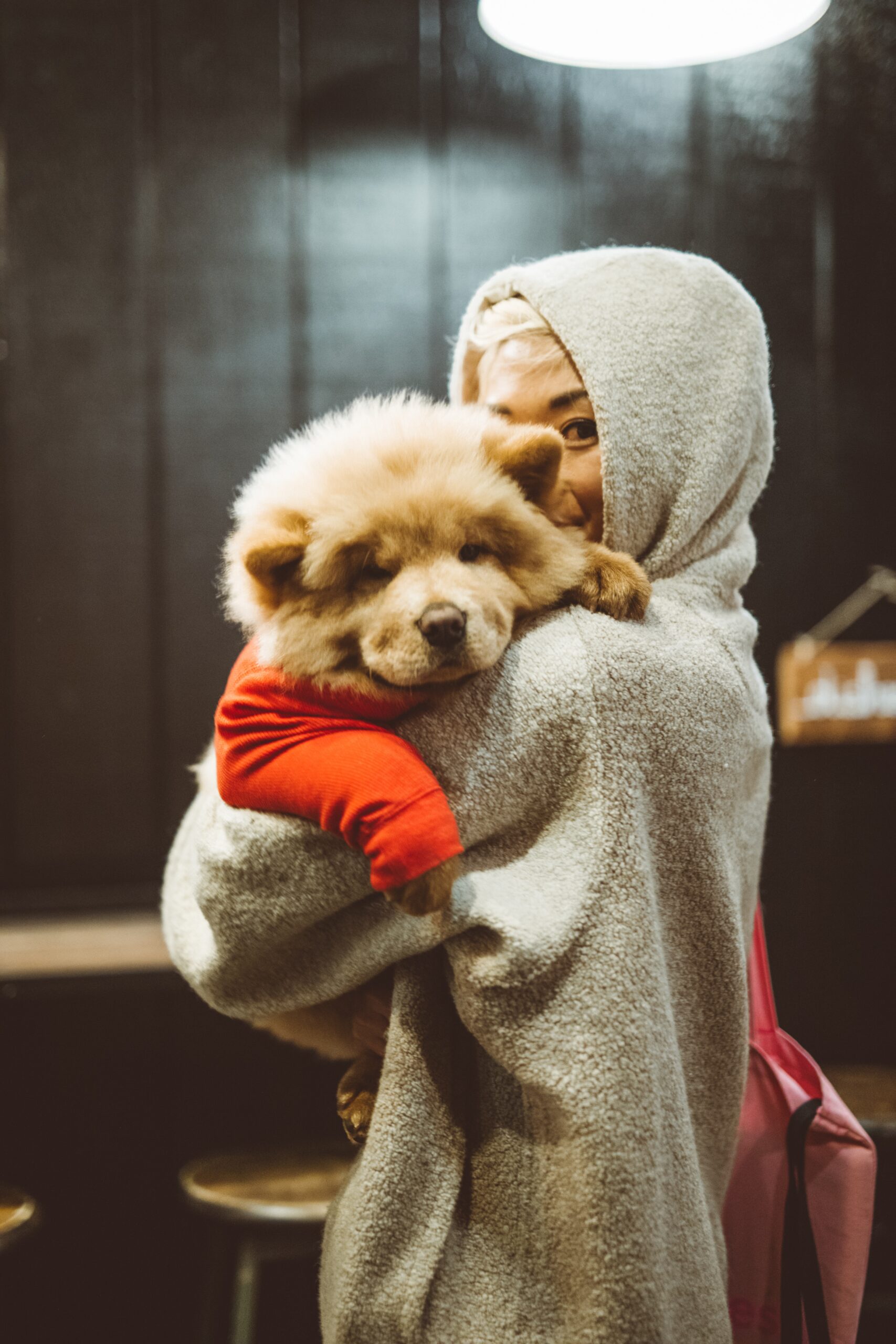As a dog behaviourist, preventing puppy problems from setting root is key to helping get off to a great start from the word go with a new puppy. I’ve witnessed countless furry bundles of joy grow into well-behaved, happy companions. But behind every well-adjusted dog is a conscientious owner who understands the importance of early intervention.
Puppies are like sponges, soaking up experiences that will shape their behaviour for a lifetime. In this guide, I’m here to share some relaxed yet insightful tips to help prevent common behaviour problems from developing in your adorable pup.
**1. Start with a Solid Foundation: Socialisation Is Key
Puppies have a critical window of socialisation between 3 and 16 weeks of age. During this time, exposing them to various people, places, and situations is like laying down the foundation for a sturdy house.
Take your pup to meet friendly people, introduce them to other dogs (ensure they are fully vaccinated), and let them explore different environments. Positive interactions during this period can significantly reduce the chances of fear and aggression issues later on.

**2. Rule of Three: Positive Experiences Rule
Remember the “rule of three”: by the time your pup is 12-14 weeks old, they should have had at least three positive experiences with different people, places, and things every day. This can include meeting new friends, experiencing different surfaces, and hearing various sounds.
A positive association during early encounters can prevent phobias and anxiety-related problems as your pup matures.
**3. Teaching Bite Inhibition: Nipping in the Bud
Puppy nipping is adorable until those tiny teeth grow sharper. Teaching bite inhibition is crucial. When your pup nibbles too hard during play, let out a gentle sound and withdraw attention.
This is so your puppy knows it has hurt you and you don’t like it. Gradually, your pup will learn to control their bite pressure, a skill that prevents unintentional injuries as they grow.
**4. Crate Training: A Safe Haven
Introduce your pup to a crate or a dog bed as their cosy sanctuary. Use positive associations like treats and toys to make it inviting. This helps prevent separation anxiety and aids in potty training.
Puppies naturally avoid soiling their sleeping area, so a properly sized crate can be a valuable tool in teaching them where it’s appropriate to relieve themselves.
**5. Positive Reinforcement: Good Behaviour Rewarded
Positive reinforcement is the gold standard for training. Reward your pup’s good behaviour with treats, praise, and petting. If your pup associates behaving well with positive outcomes, they’ll be more likely to repeat those behaviours. This approach also helps prevent unwanted behaviours, as your pup learns what earns them treats and attention.
**6. Puppy Classes: A Learning Playground
Enrolling in a reputable puppy class offers numerous benefits. Besides obedience training, your pup gets a chance to socialise with other puppies. A controlled environment with an experienced trainer helps address issues like puppy biting and manners. It’s an investment that pays off in a well-mannered adult dog.
Many people are also getting the benefit now of using dog courses and programs online to learn about socialisation and what to do at the beginning with a puppy, like this one “The Complete Puppy Training Program” which is well worth checking out as it is an 8-week course designed especially for new puppies.
**7. Chew Toys: Save Your Furniture and Shoes
Puppies love to explore the world with their mouths, but your furniture and shoes don’t share the same enthusiasm. Provide a variety of safe chew toys to satisfy their urge to chew. It’s a simple way to prevent destructive chewing habits.
**8. Consistency and Patience: The Bedrock of Training
Consistency is key in puppy training. Set clear rules and expectations from the beginning and ensure everyone in your household follows them. Remember, puppies are learning a new language – your patience and positive guidance will help them understand what you want from them.
**9. Exercise and Mental Stimulation: A Balanced Puppy Is a Happy Puppy
Puppies are bundles of energy. Engage them in age-appropriate physical activities and mental exercises. Puzzle toys, short walks, and interactive play sessions can prevent boredom-related behaviour issues.
**10. Consult a Professional: Early Intervention Matters
If you notice behaviours that concern you, don’t hesitate to seek help from a professional dog behaviourist. Early intervention is often more effective in preventing issues from escalating.
Remember, every puppy is unique, and the journey of preventing behaviour problems requires patience and understanding. By being proactive, providing positive experiences, and setting a strong foundation, you’ll be well on your way to raising a well-behaved and happy furry friend. Happy training!

